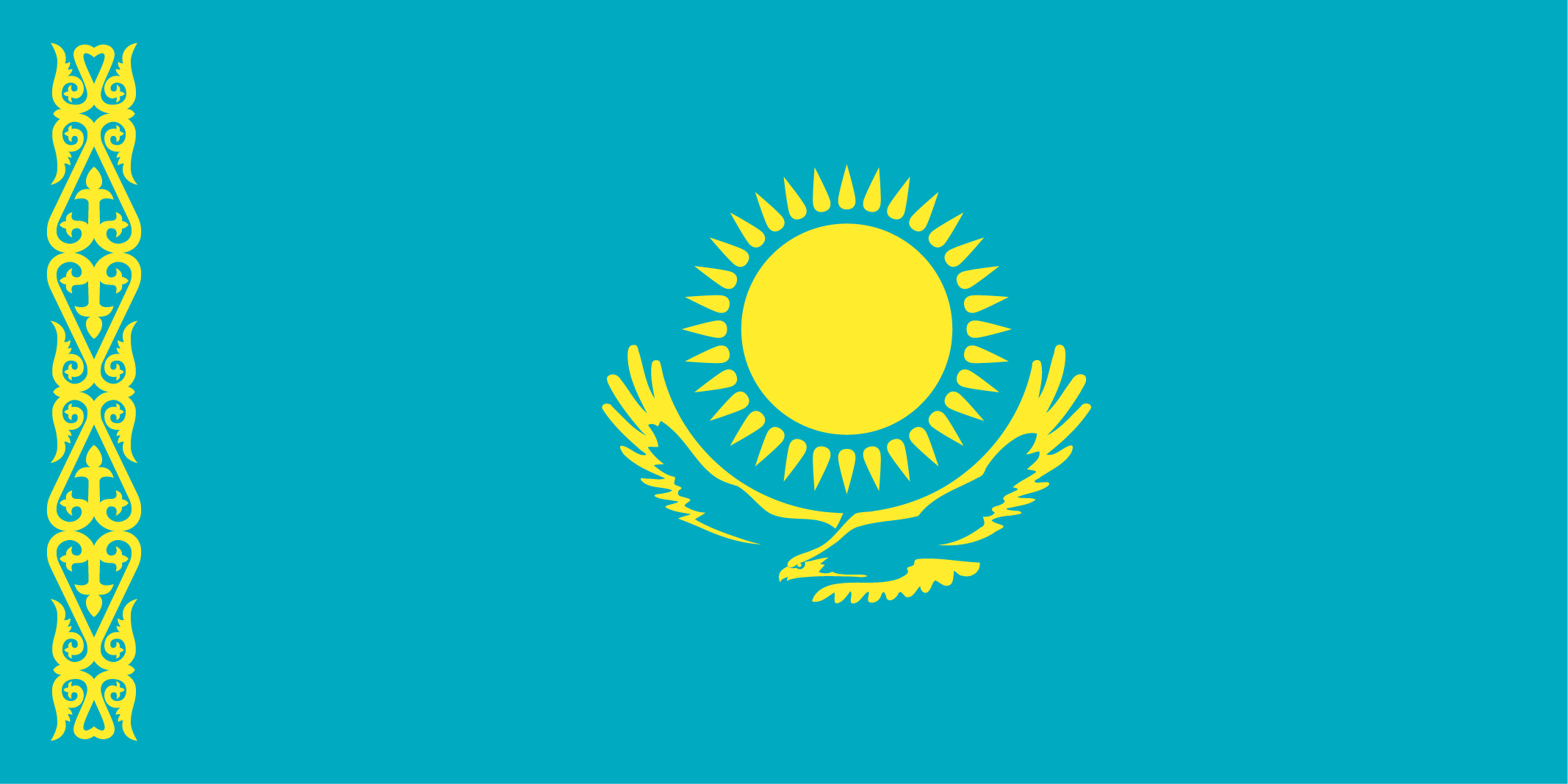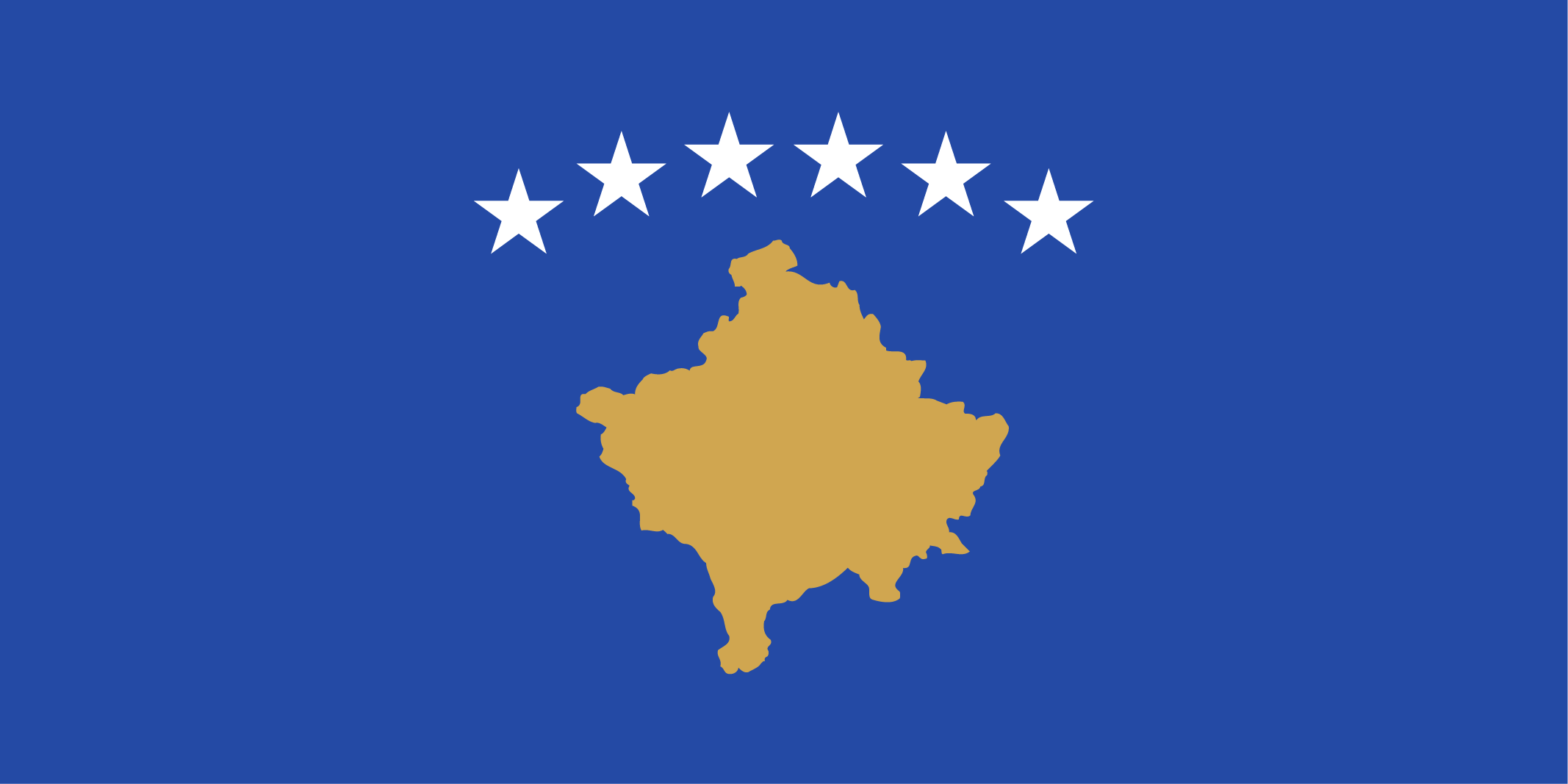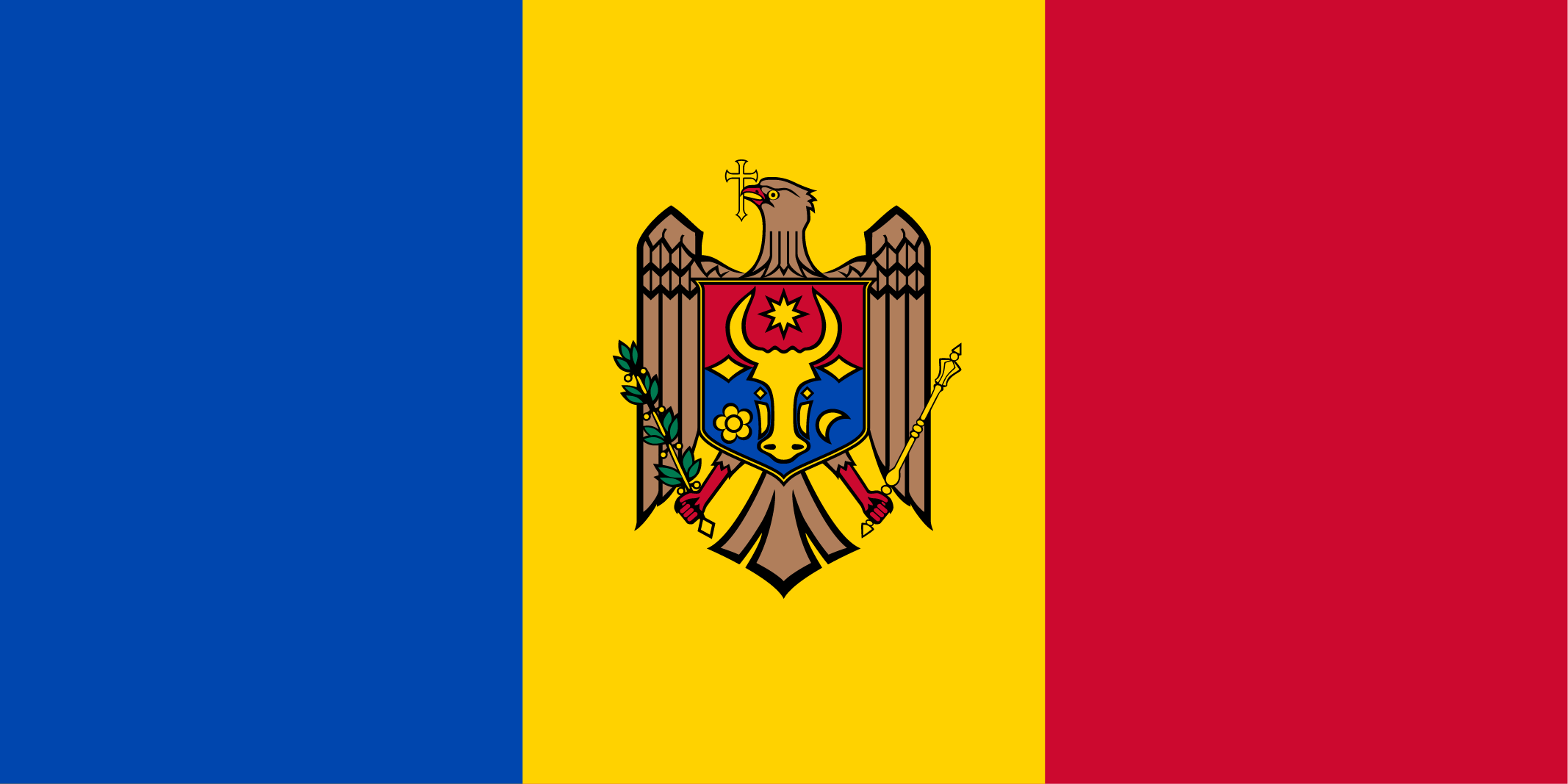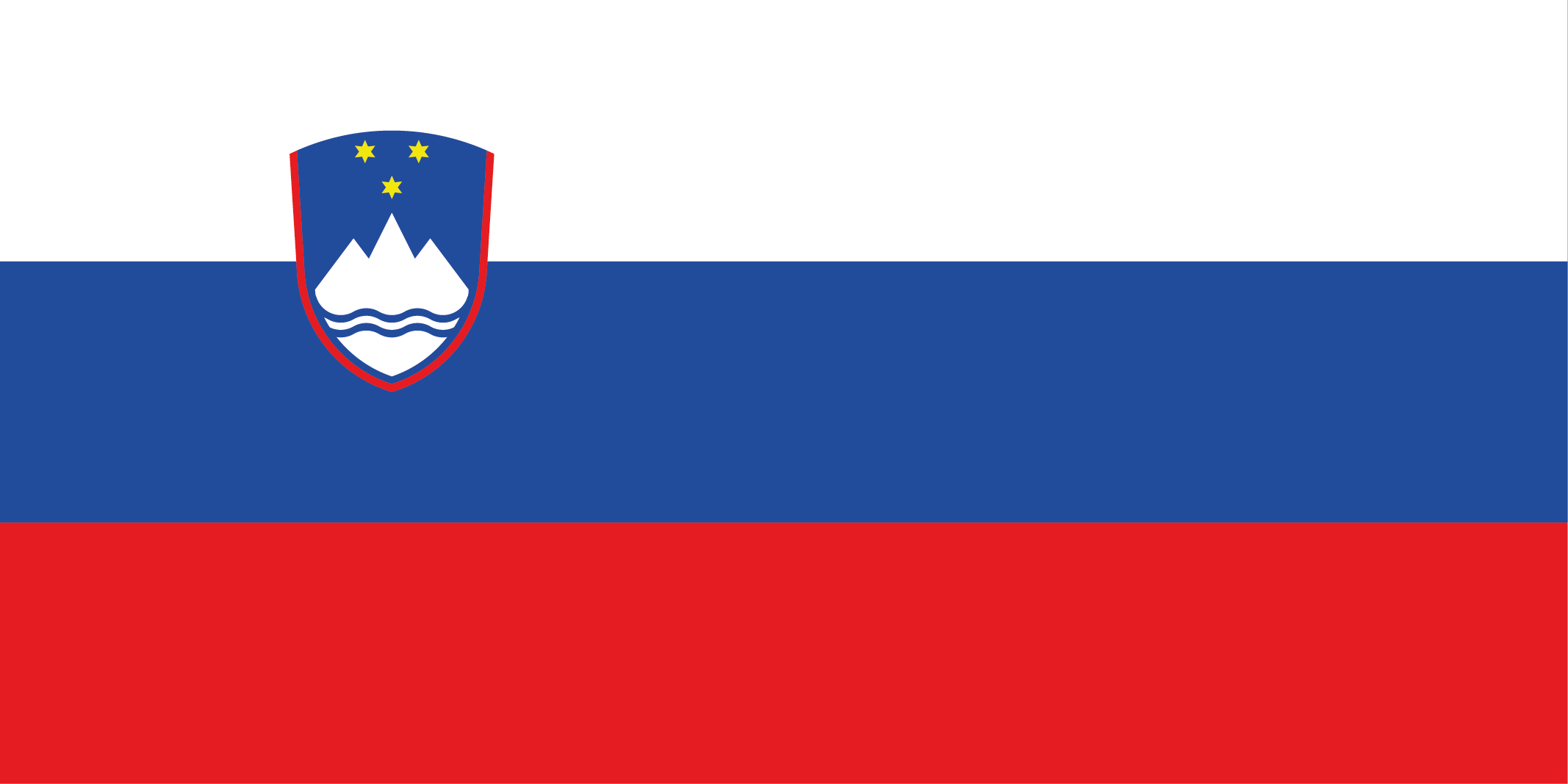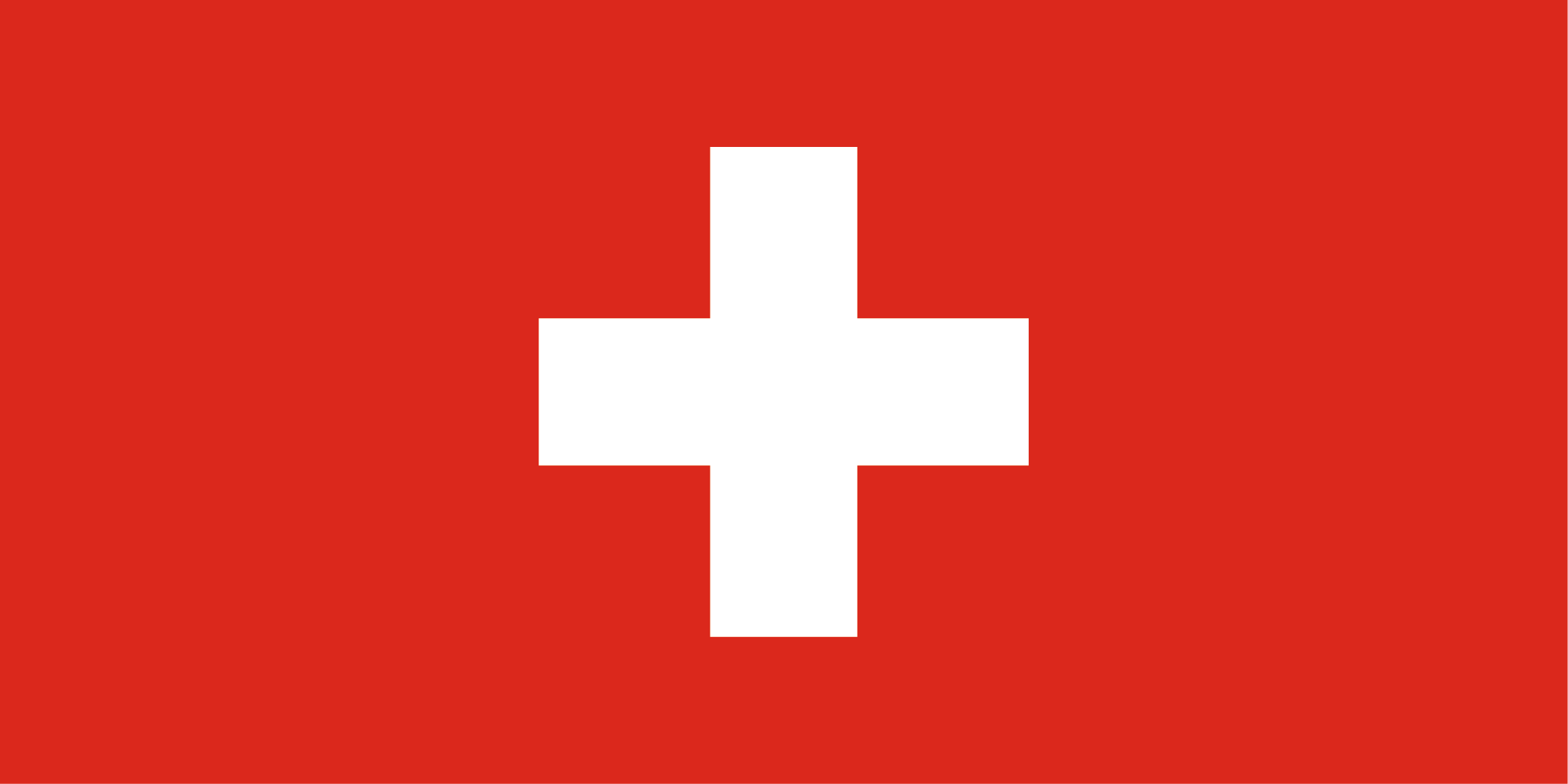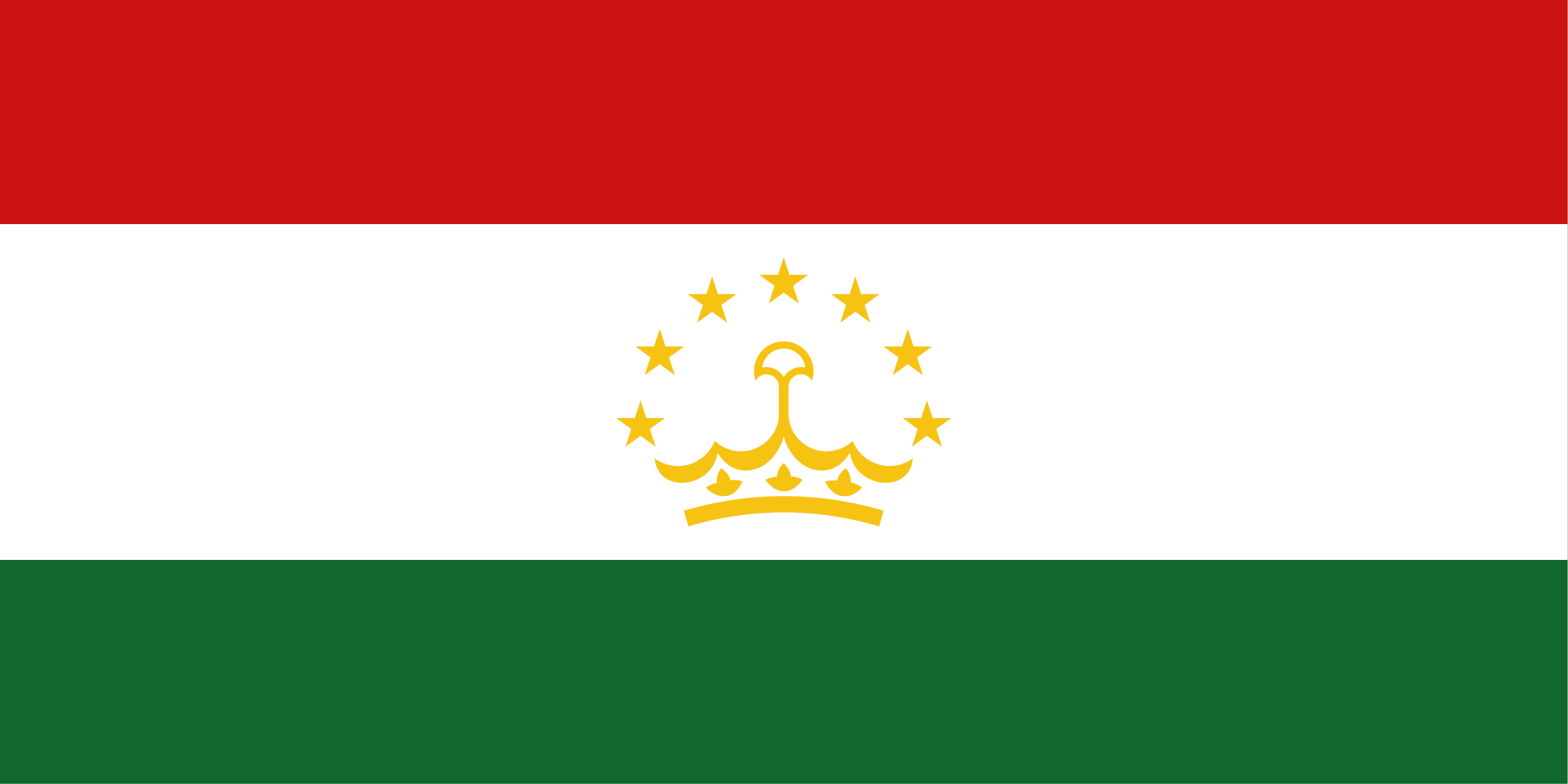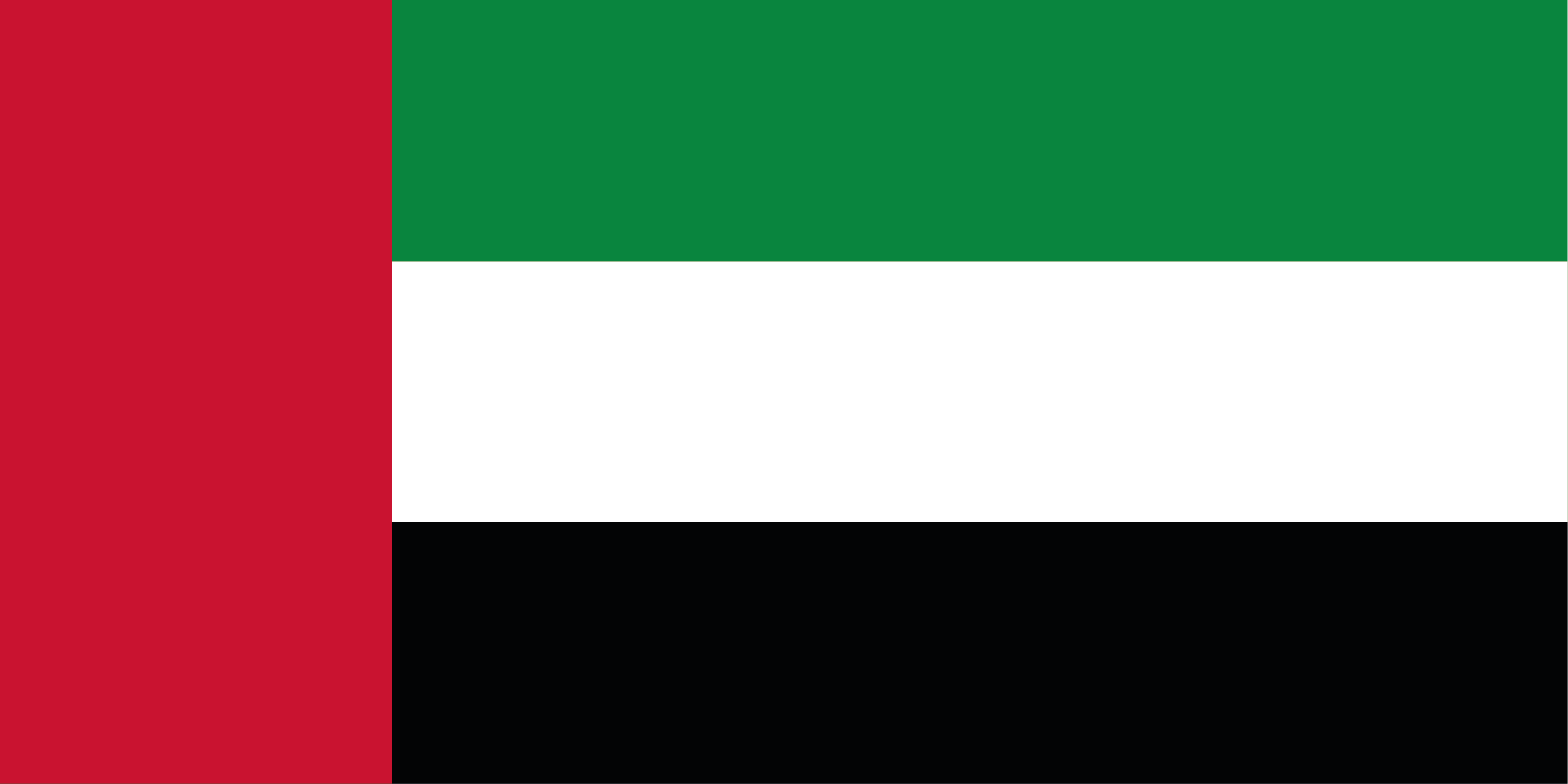Transportation of the Deceased to Belarus: Organizing the Transfer of a Body or Ashes
Introduction
Transportation of the deceased is an important and delicate service that helps arrange the transfer of a body or ashes over long distances to the burial site. When a person dies abroad, their body or urn with ashes needs to be returned home. This process requires careful attention, compliance with all sanitary and legal standards, and the preparation of a large number of documents.
Explanation of the Term "Cargo 200" and Its Meaning
The term "Cargo 200" was first used in the USSR during the Afghan War to refer to the transportation of the bodies of deceased military personnel. Today, the term is used to denote the transport of a deceased person's body or ashes over long distances, regardless of the cause of death. "Cargo 200" implies the use of special containers, such as a hermetically sealed zinc coffin, which ensures the preservation of the body during transportation.
Challenges of Organizing Body Transportation
Organizing the transportation of a deceased person is a complex and responsible process that demands utmost attention to detail. Every step matters: from selecting reliable transport to preparing a complete set of documents, including the death certificate, embalming reports, sanitary approvals, and official permits. To ensure the transport of the body or ashes is legal, safe, and timely, all formalities must be observed, and established regulations strictly followed.
Required Documents for Body Transportation
List of Mandatory Documents for Domestic Transportation
To transport a deceased person's body within Belarus, the following documents are required:
- Death certificate (original, with official seal).
- Medical certificate stating the cause of death.
- Embalming certificate (if the procedure was performed).
- Certificate of coffin seal integrity.
- Note confirming that no foreign objects were placed in the coffin.
Documents for International Transportation
For international transportation of a body, additional documents are needed:
- Certificate of sanitary condition of the body issued by the morgue.
- Export permit for the body issued by the consulate or embassy.
- Customs documents for border crossing.
- Translated documents (death certificate and others) into the language of the destination country.
Transportation Methods
Road Transport: Advantages and Limitations
Road transport is one of the most common and accessible methods for transporting deceased individuals within the country. Specialized hearses equipped with all necessary features to preserve the body during the journey are used. This method is ideal for short-distance transportation (up to 1000 km).
Rail Transport: Features, Advantages, and Disadvantages
Rail transport can be a convenient option for long-distance transportation; however, it comes with several limitations. A suitable carriage, such as a baggage or mail car, must be used. This method may take longer compared to other transport types.
Air Transport: Fast but Expensive
Air transport is the fastest method, allowing the body to be delivered to the destination in the shortest possible time. However, it is relatively expensive and requires advance preparation and seat reservations. An escort must be present onboard, and the body is transported in specialized containers.
Repatriation of the Deceased Abroad
Repatriation Procedure
Repatriation of the deceased is the process of returning a person's remains to their homeland for burial or reburial. It involves more than just transportation; it includes a set of preparatory actions, such as obtaining sanitary certificates, export permits, and customs documents required for legal and smooth border crossing. Repatriation can be arranged by air, rail, or road, depending on the situation.
Documents Required for Border Crossing
To successfully transport a body across the border, additional documents are required, such as export permits, sanitary certificates, the death certificate, and documents confirming the hermetic seal of the container. Without this set of documents, transportation is not possible.
Country-Specific Transportation Requirements
Transporting a body to different countries involves specific requirements based on local laws and sanitary regulations. Some countries may require additional checks or compliance with special rules for transporting deceased individuals. For example, when repatriating to EU countries, additional rules for transporting Cargo 200 must be observed.
Accompanying the Transportation Process
The Role of Funeral Agencies in Organizing Transportation
Funeral agencies play a key role in organizing the transportation of a deceased person. They handle the collection of all necessary documents, select appropriate transport, and arrange for permits. Agencies also provide consultations and support at every stage of the transportation process.
Responsibility for Document Collection and Processing
Document collection and processing is a crucial stage in the transportation process. All documents must meet legal requirements and be translated into the necessary languages. This important task is usually handled by funeral agencies, ensuring accuracy, completeness, and legal correctness.
Transportation Costs
Impact of Transport Type and Distance on Price
The cost of transporting a deceased person depends on the chosen type of transport and the distance involved. Air transport is usually the most expensive, while road or rail transport may be more affordable but take more time. Additional services, such as document preparation or embalming, also affect the total cost.
Approximate Service Rates
The cost of body transportation depends on many factors, including the country of origin and destination, distance, and type of transport. Approximate rates may vary based on the specific case, so it's best to consult a funeral agency for an accurate estimate.
Psychological Aspect of Organizing Body Transportation
How to Cope with Grief and Stress by Seeking Help
Losing a loved one is always a difficult ordeal. In such moments, it's important to have support to help manage the challenges of organizing a funeral and transportation. Turning to professionals helps reduce stress, as experienced specialists handle all organizational matters.
Why It's Important to Trust Professionals
Organizing the transportation of a deceased person is a complex process that requires experience and knowledge. Professional funeral agencies ensure accuracy and timeliness at every stage. By trusting professionals, you can be confident that everything will be handled at the highest level.
Conclusion
Transportation of the deceased is a serious and delicate service that requires strict adherence to regulations and careful preparation. Every step must be considered: choosing the appropriate transportation method, collecting and properly preparing all documents. Turning to a professional funeral agency allows for an accurate and smooth organization of the process, relieving loved ones of unnecessary worries during a difficult time.
























